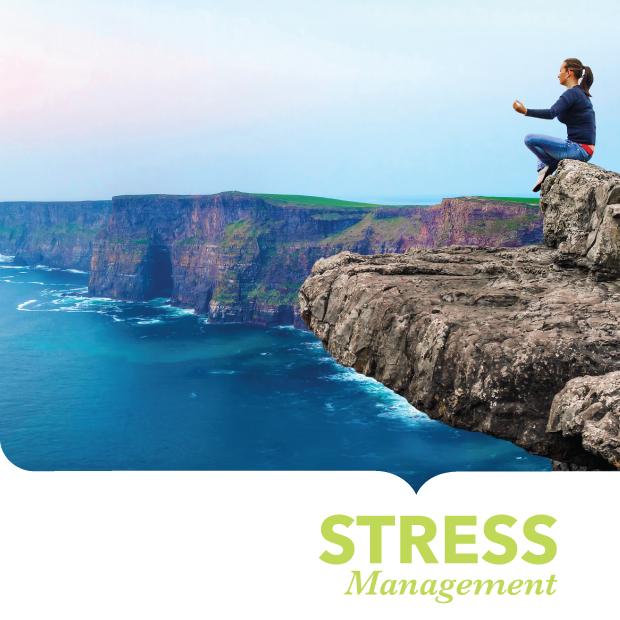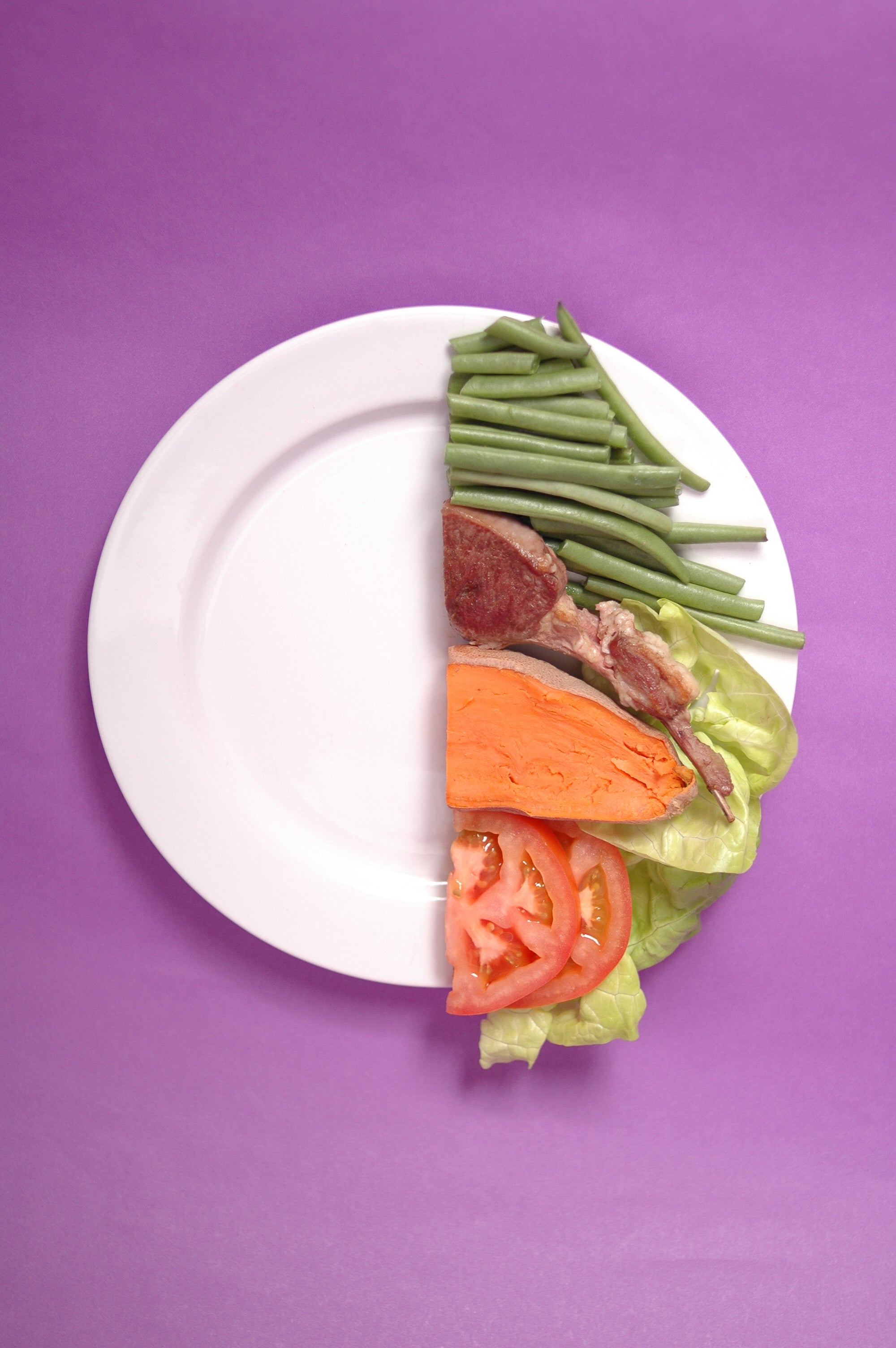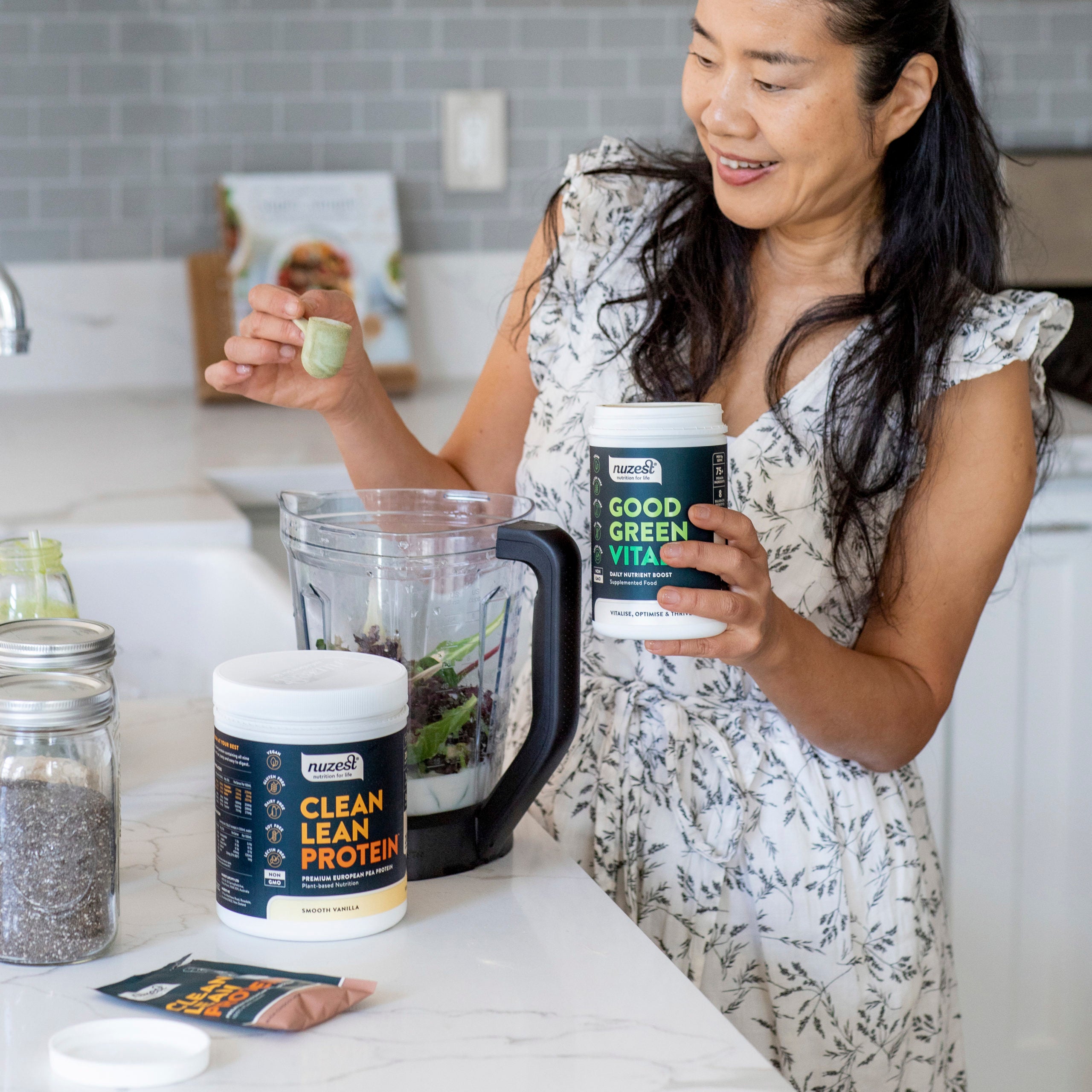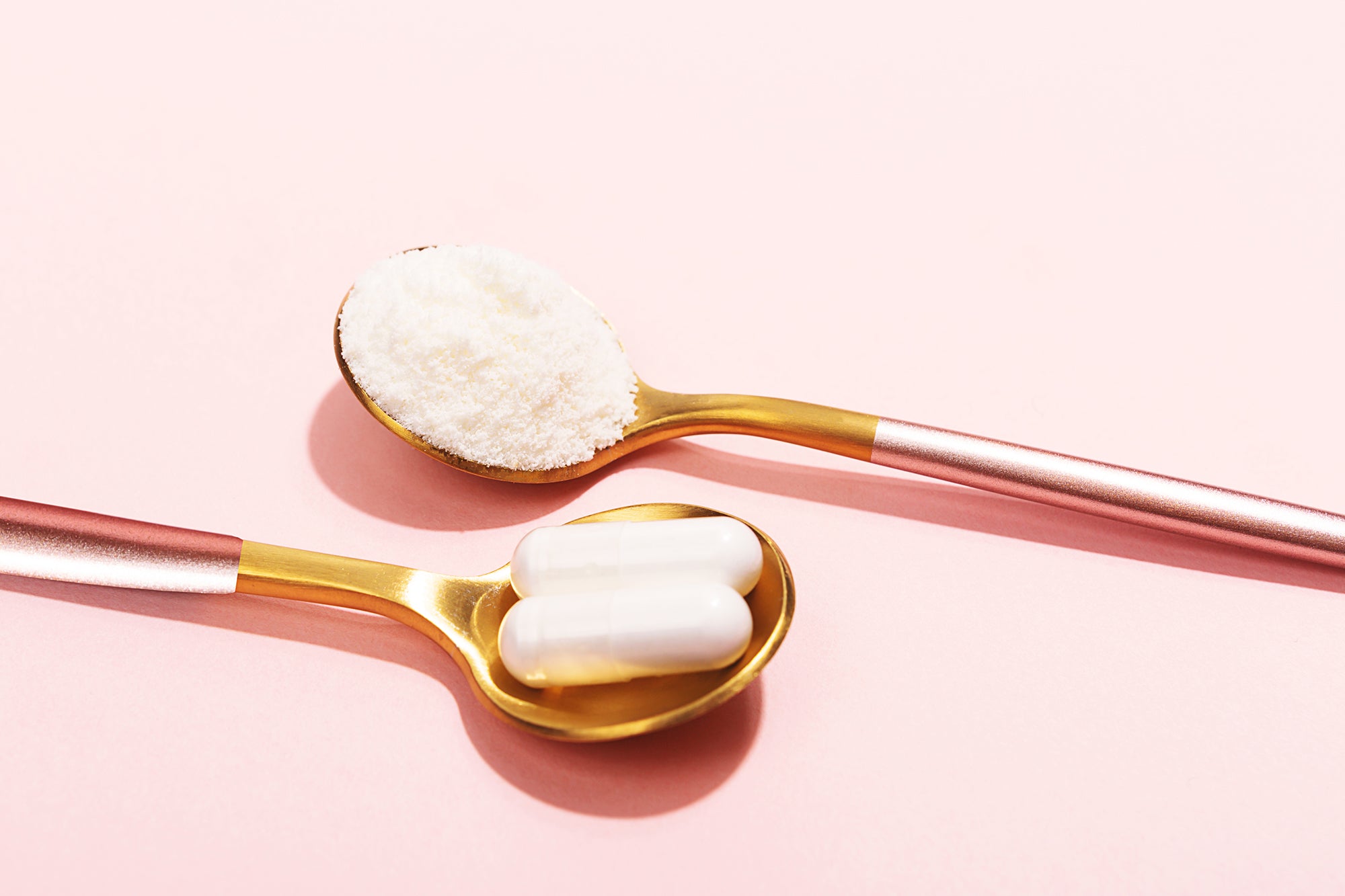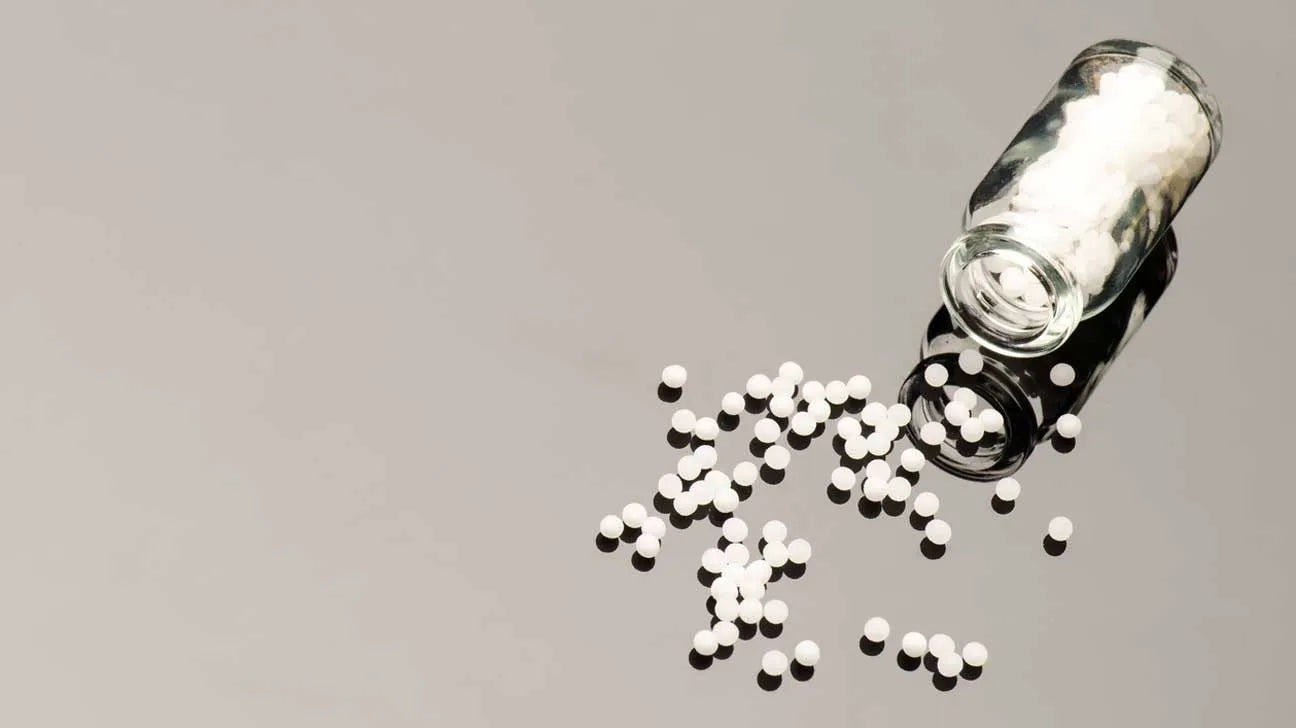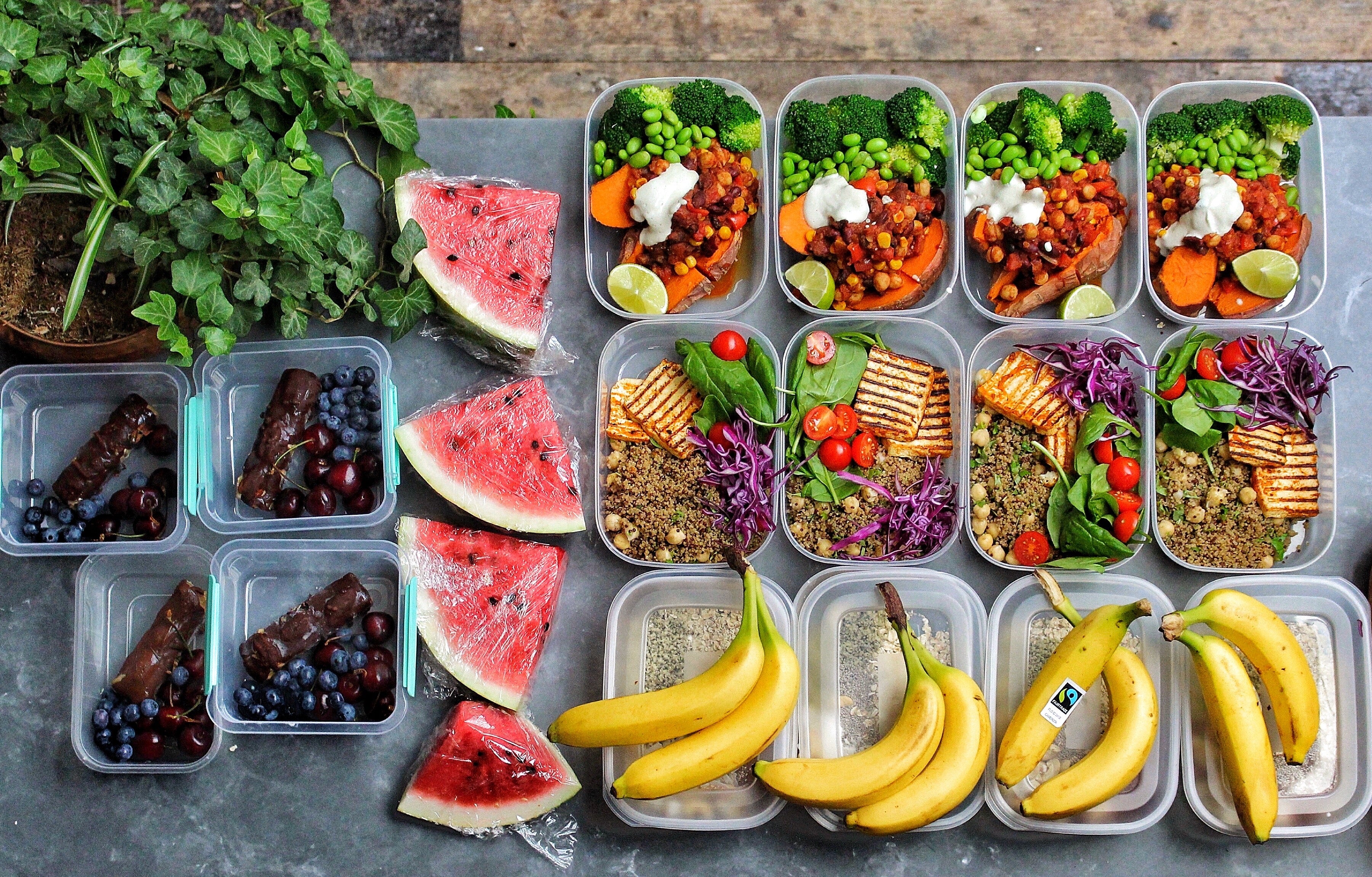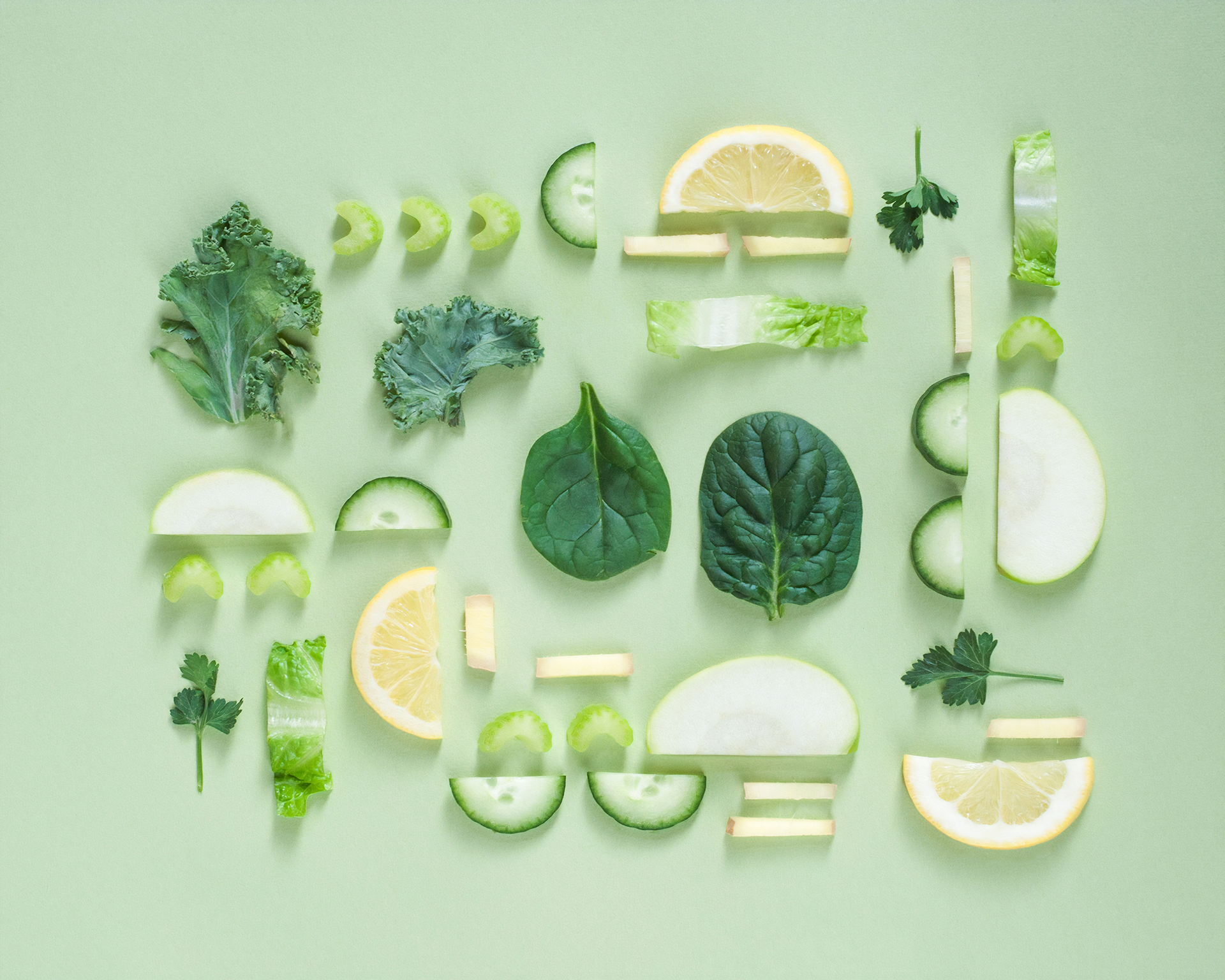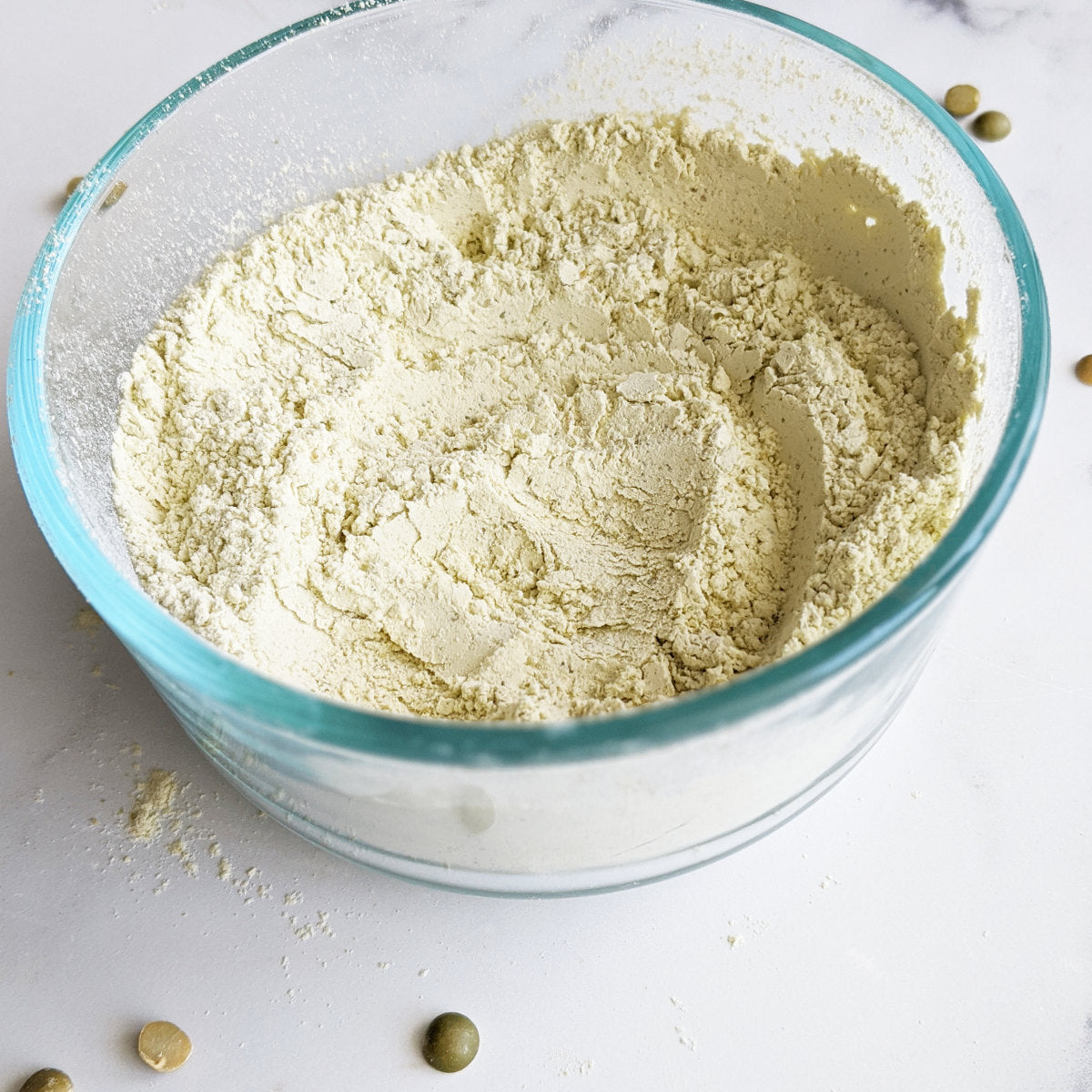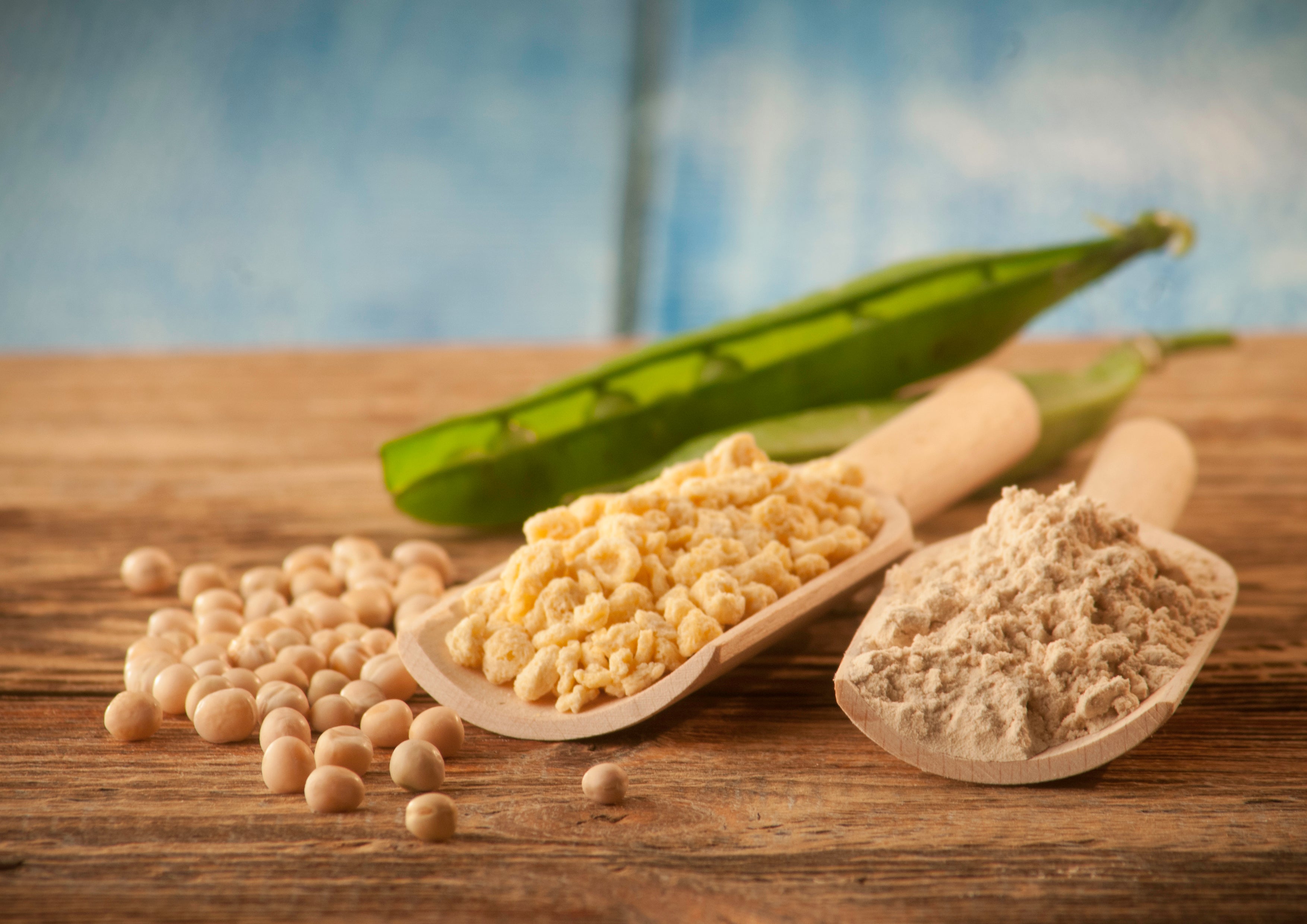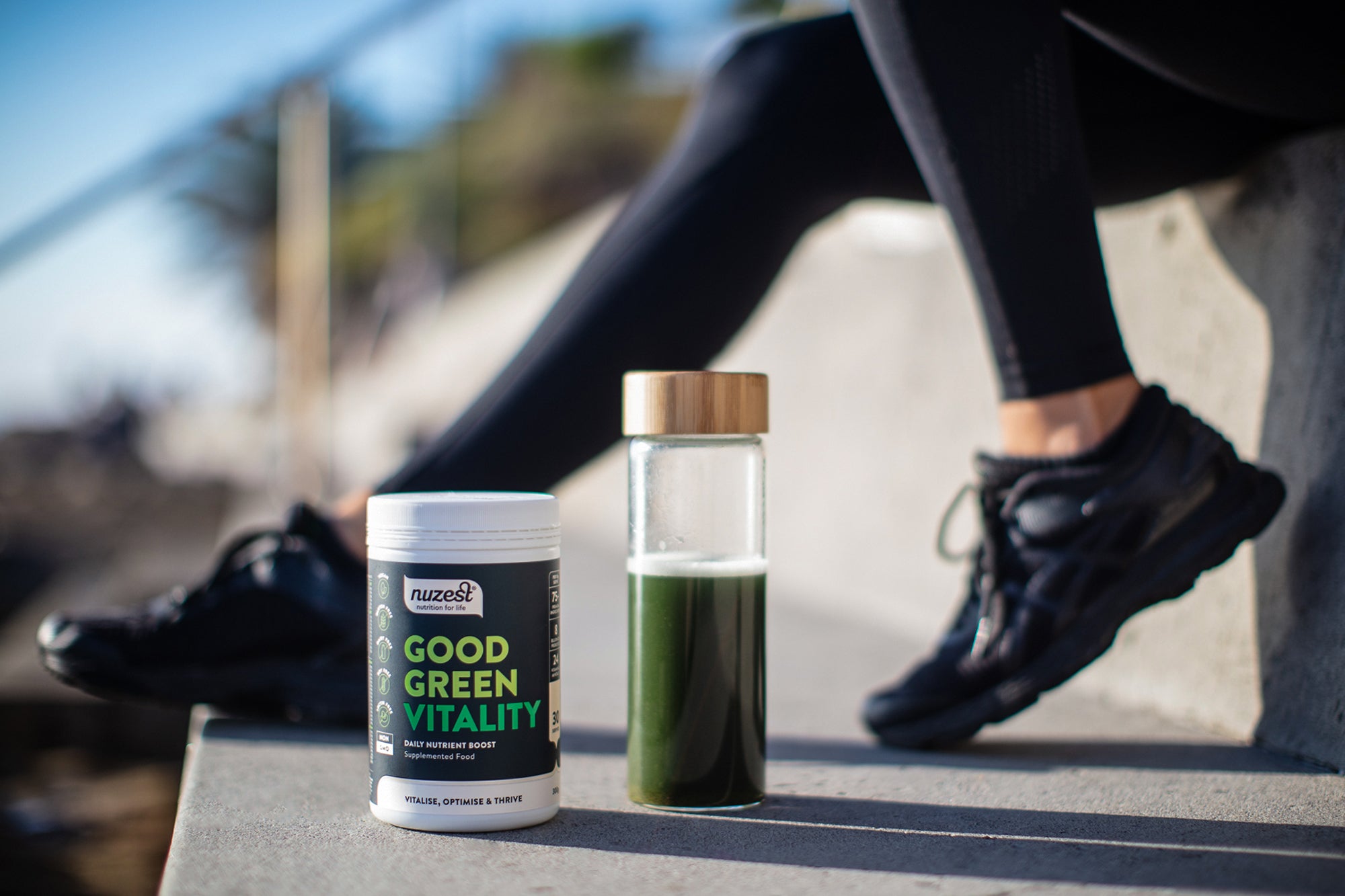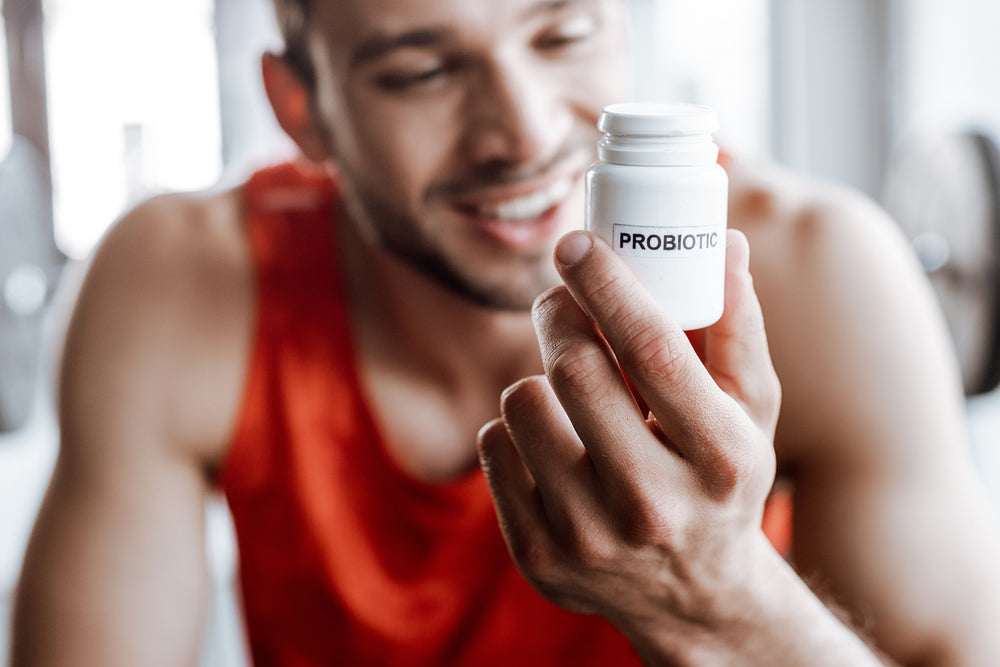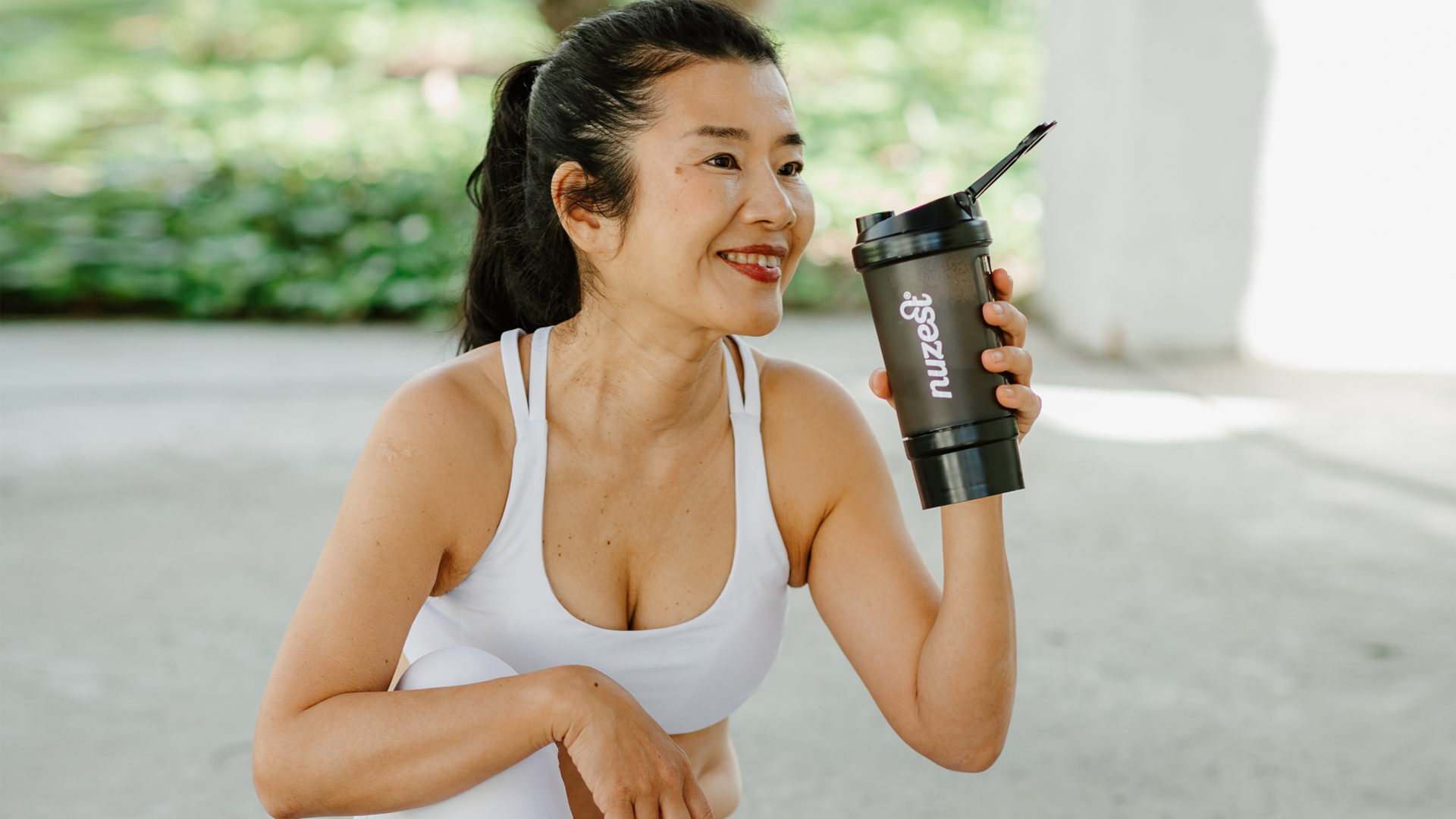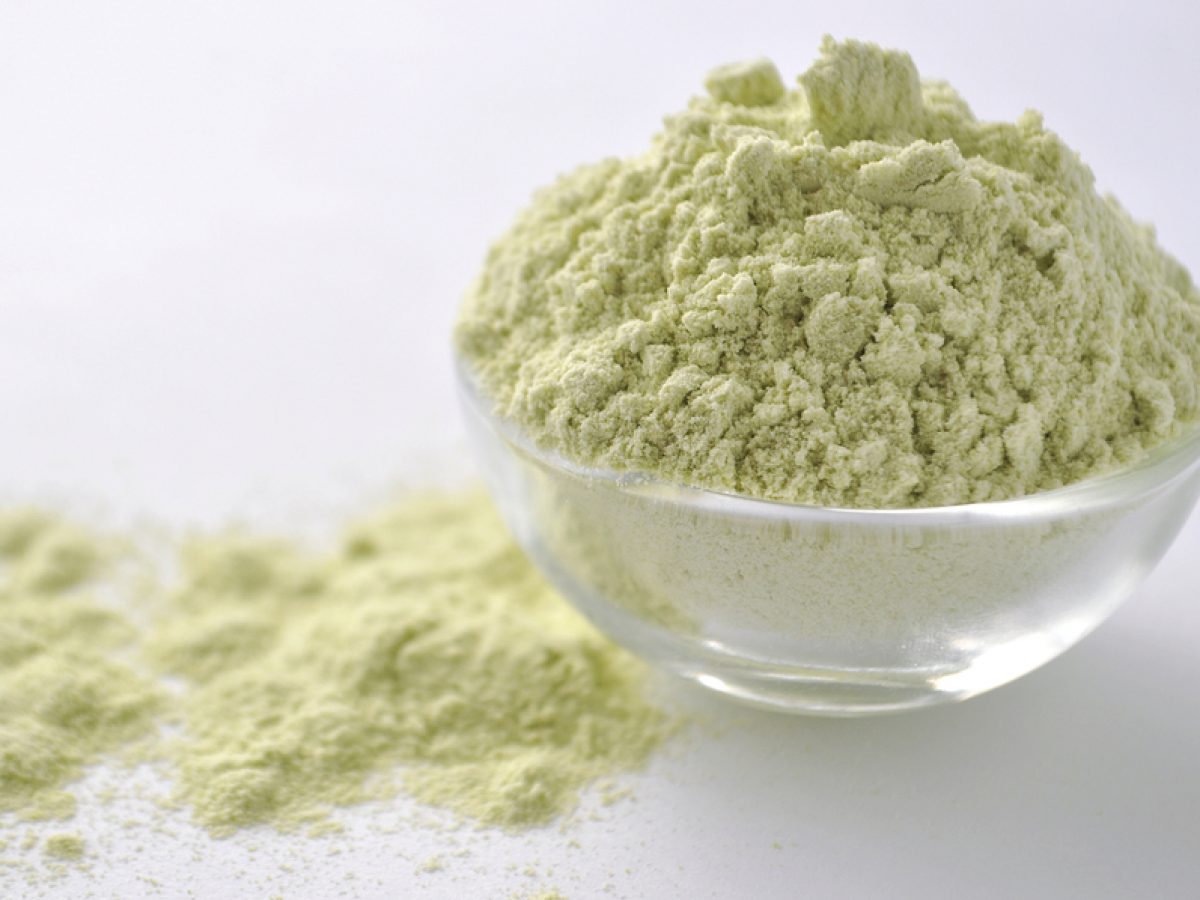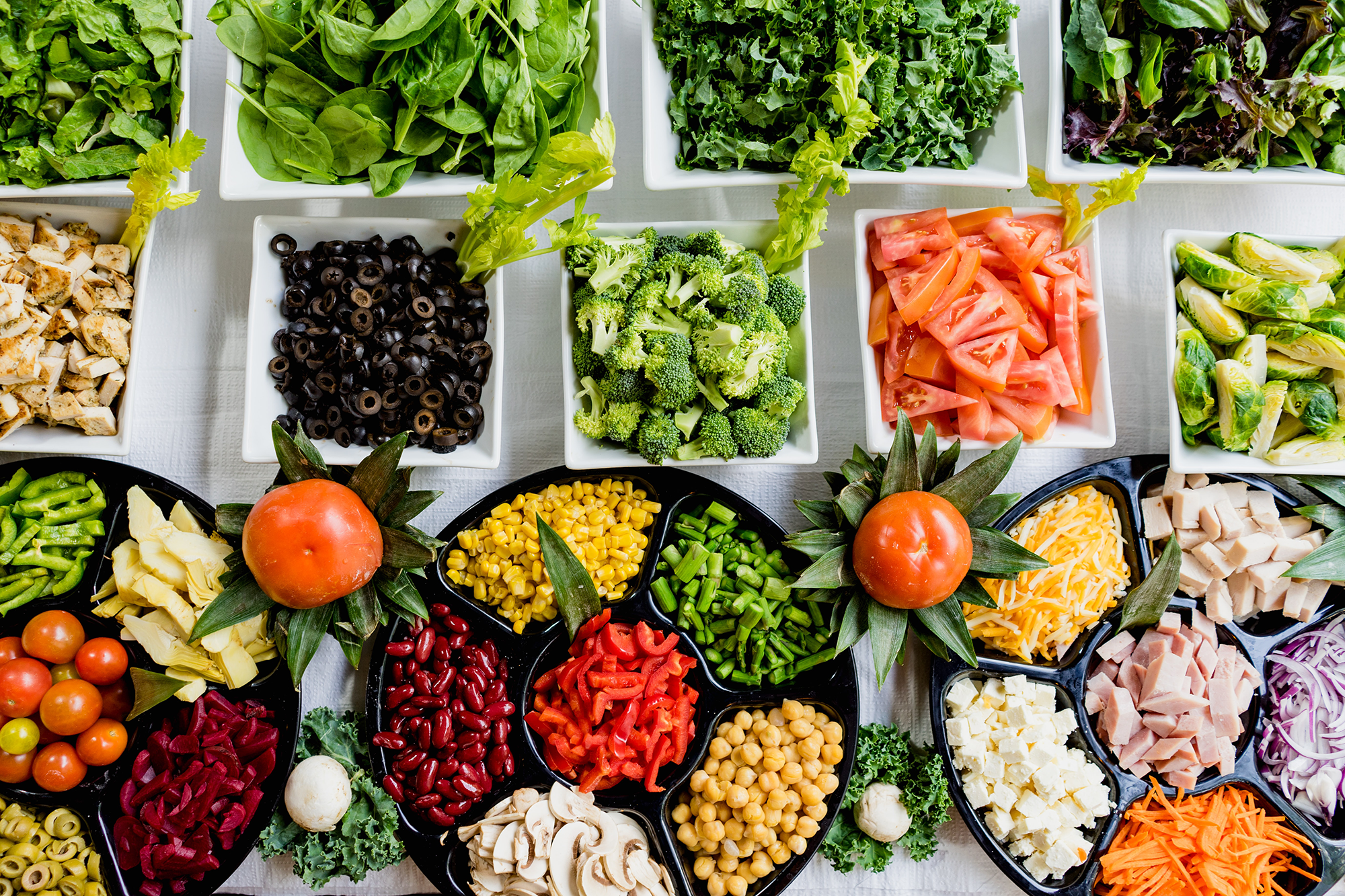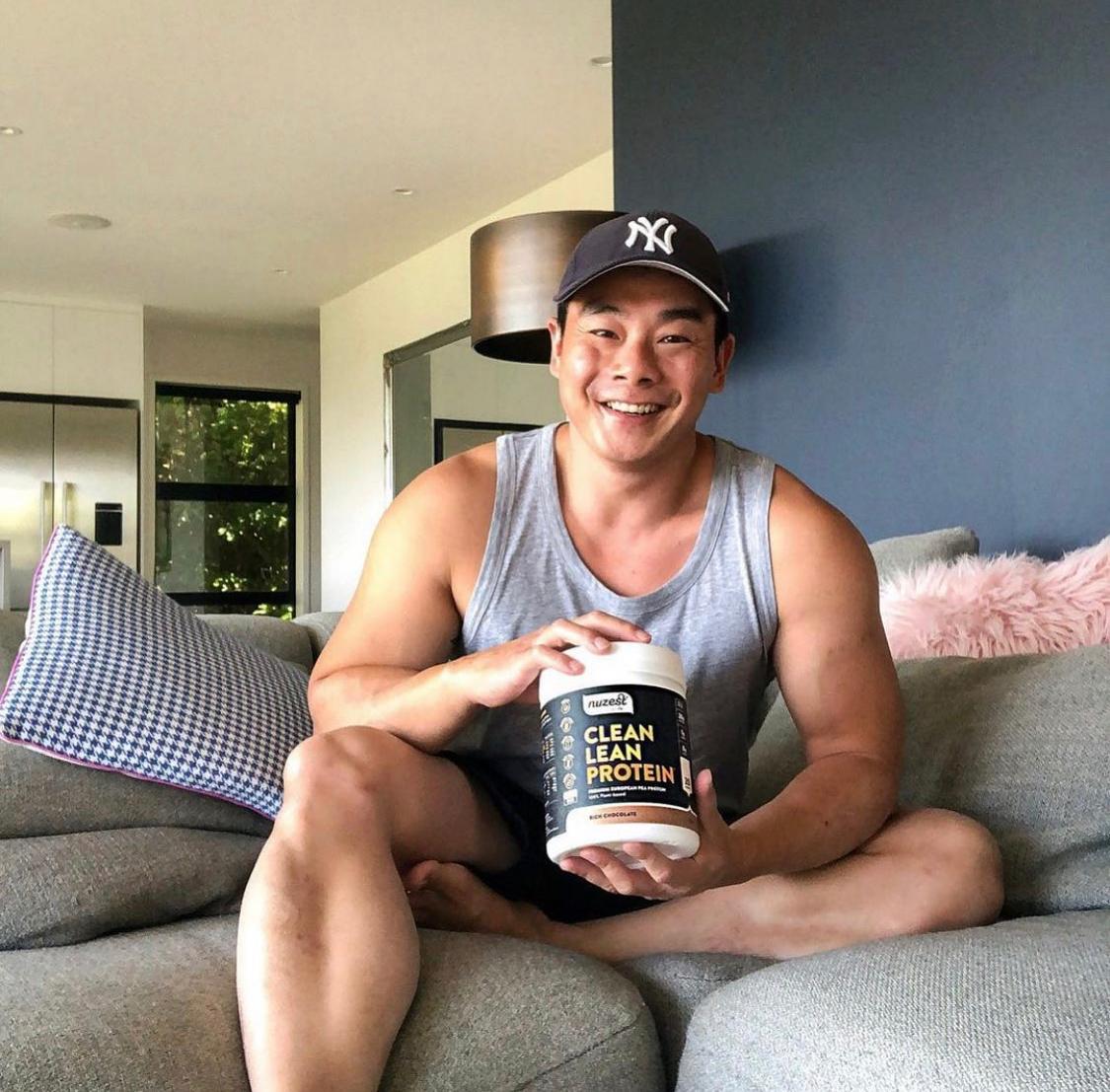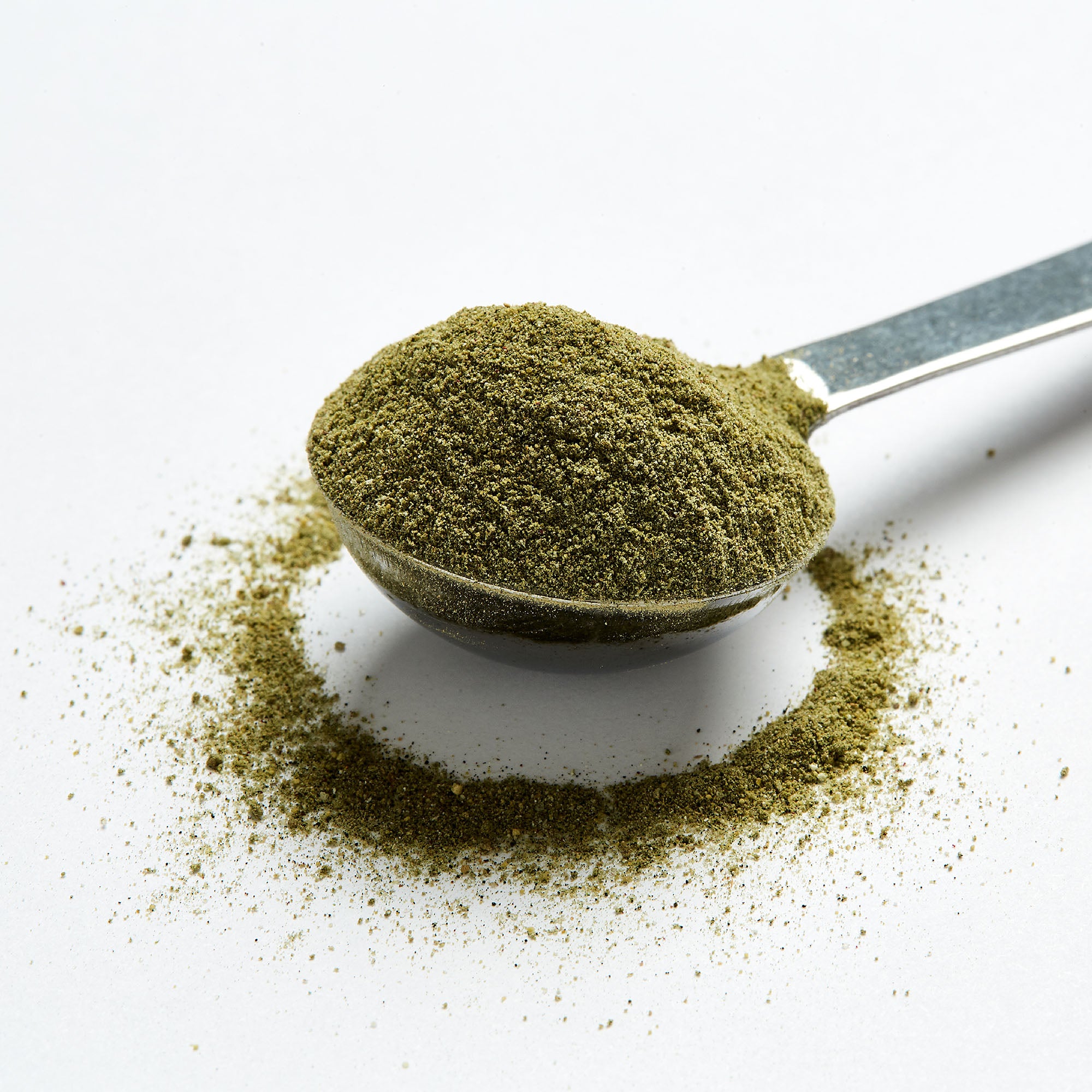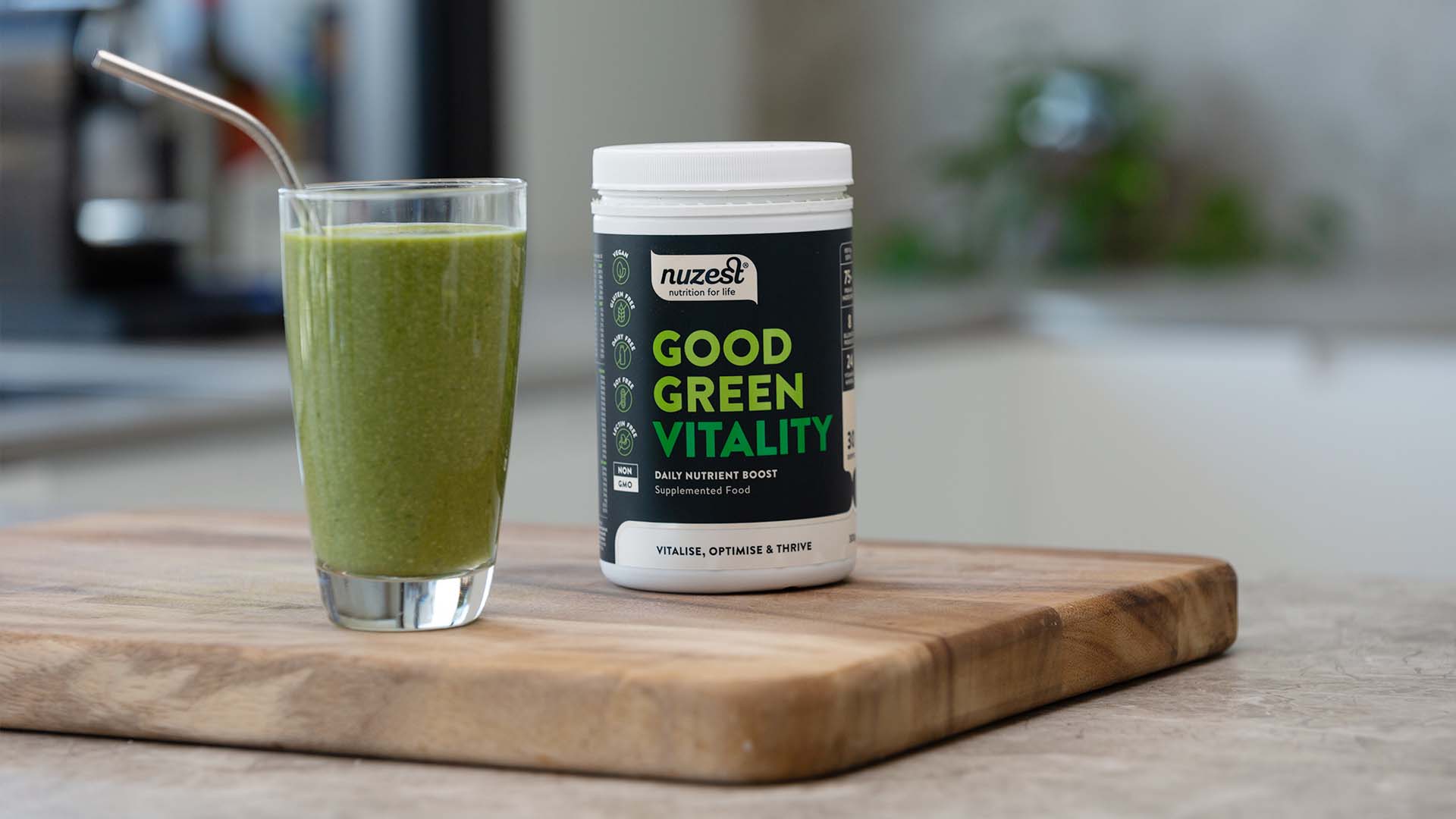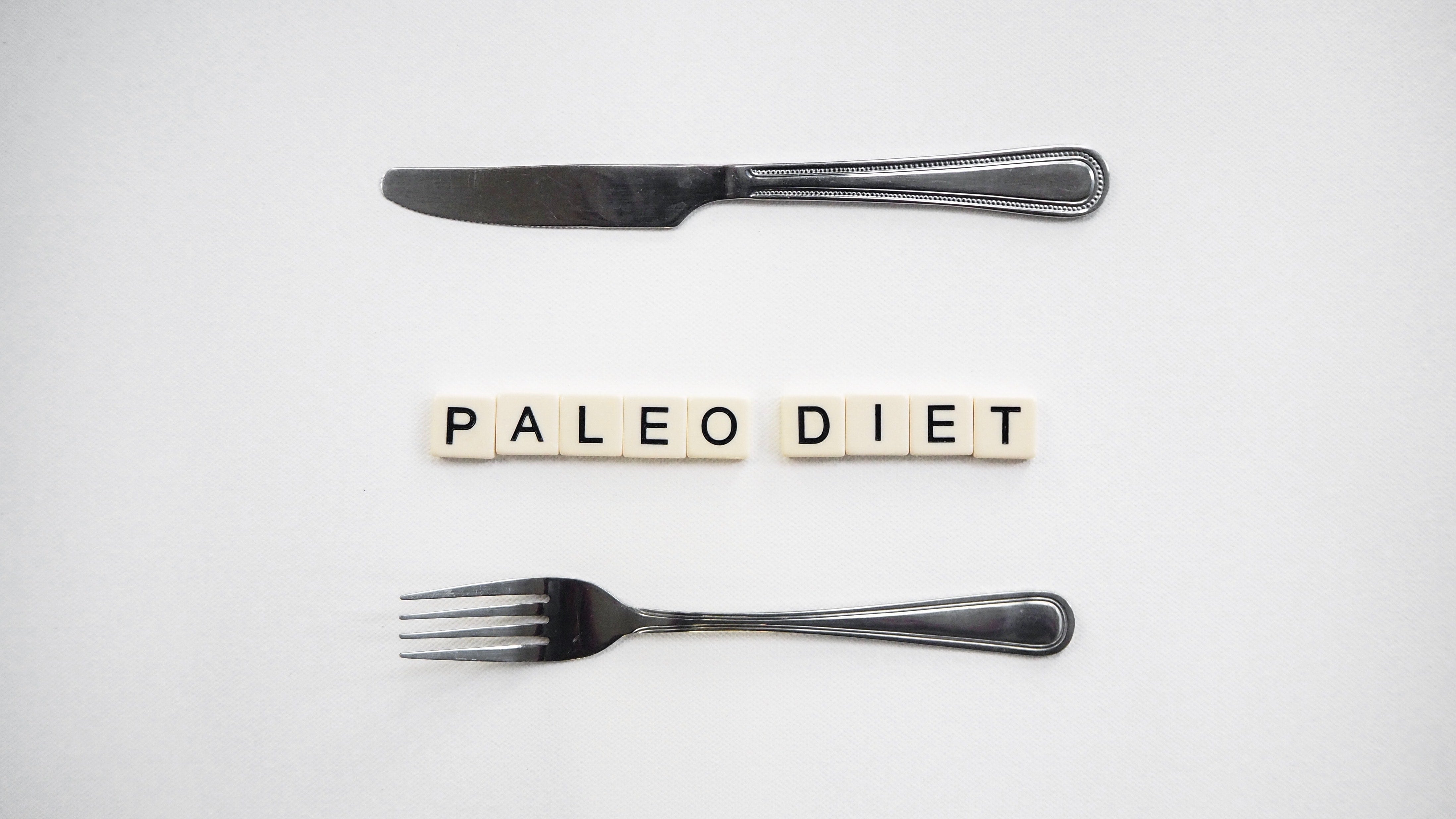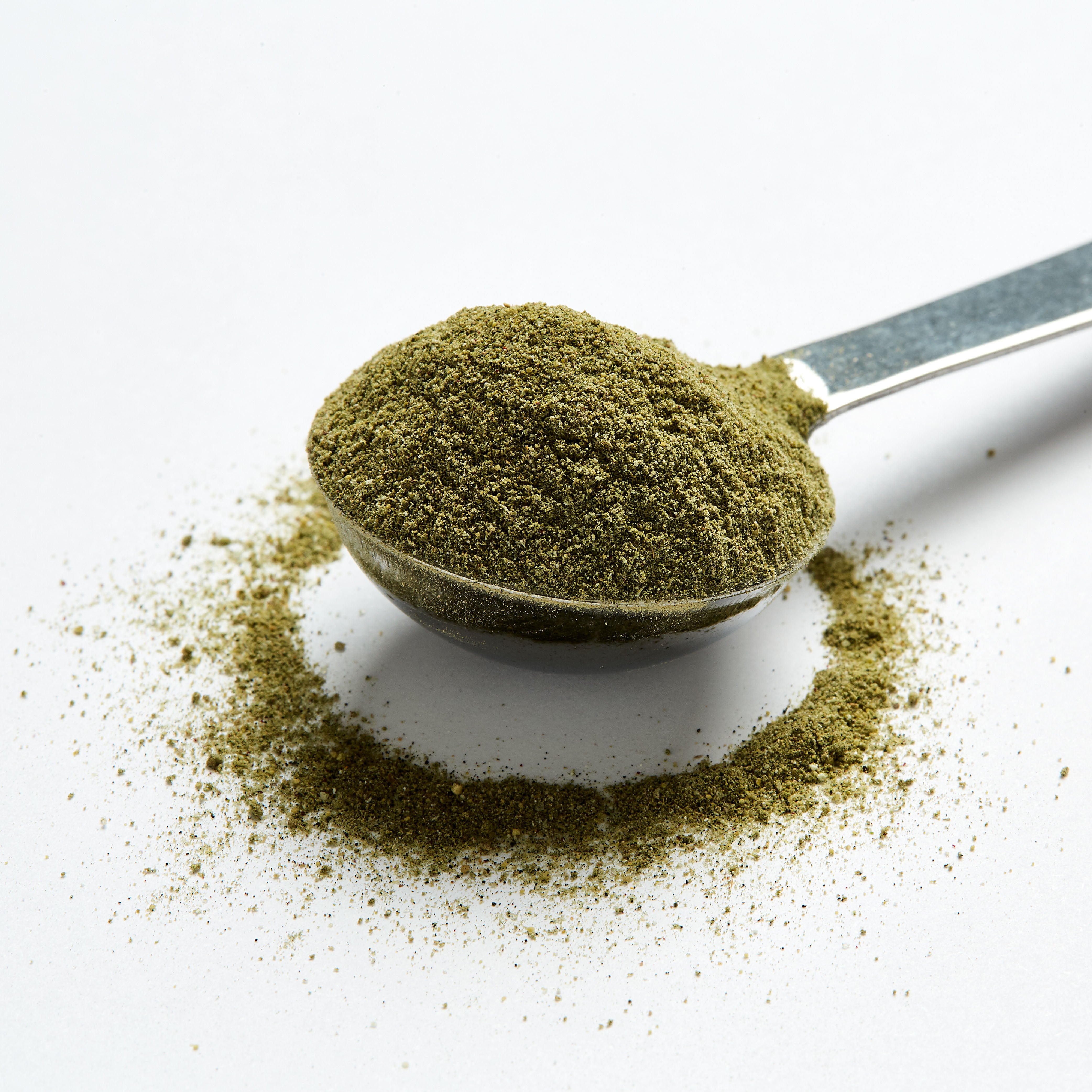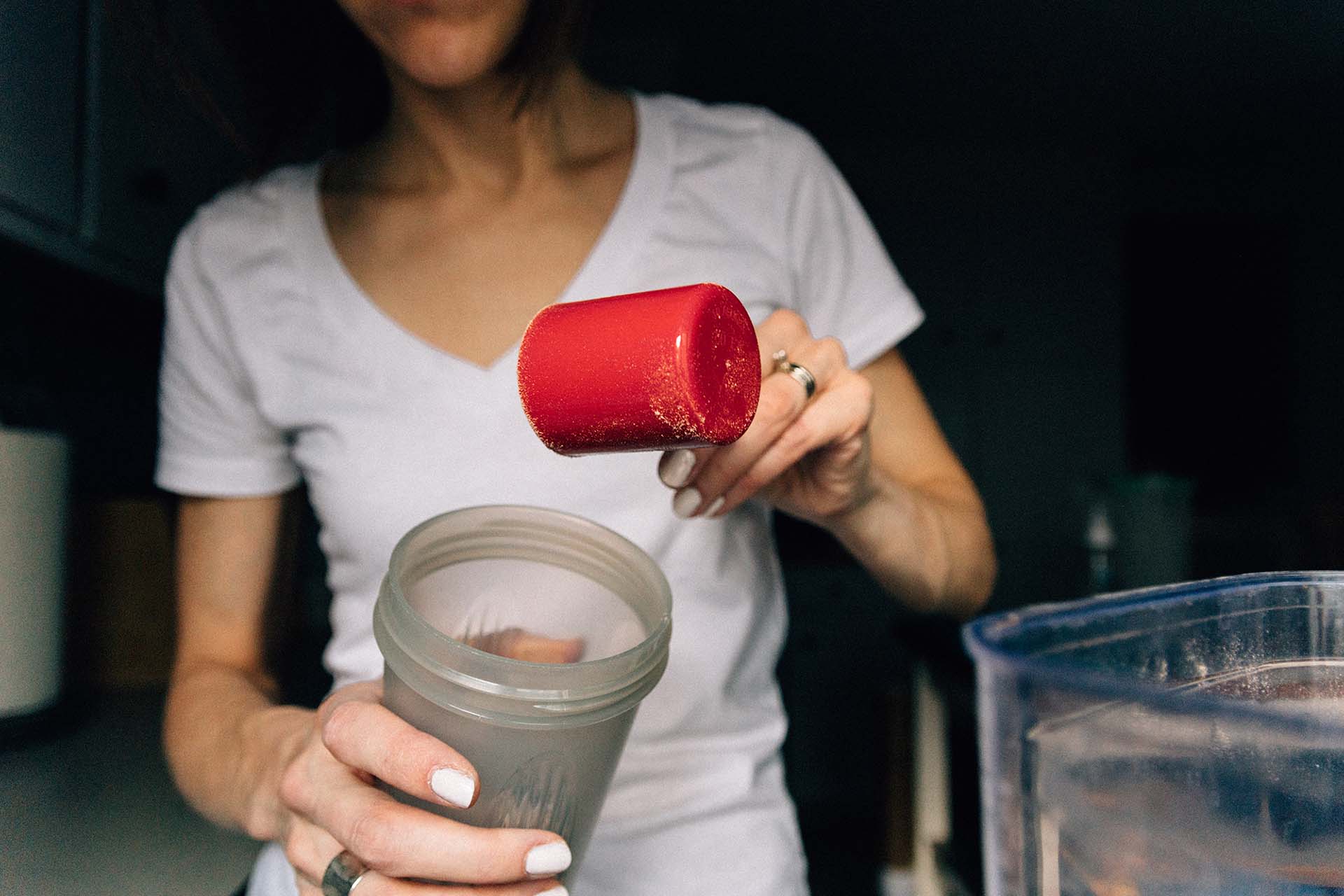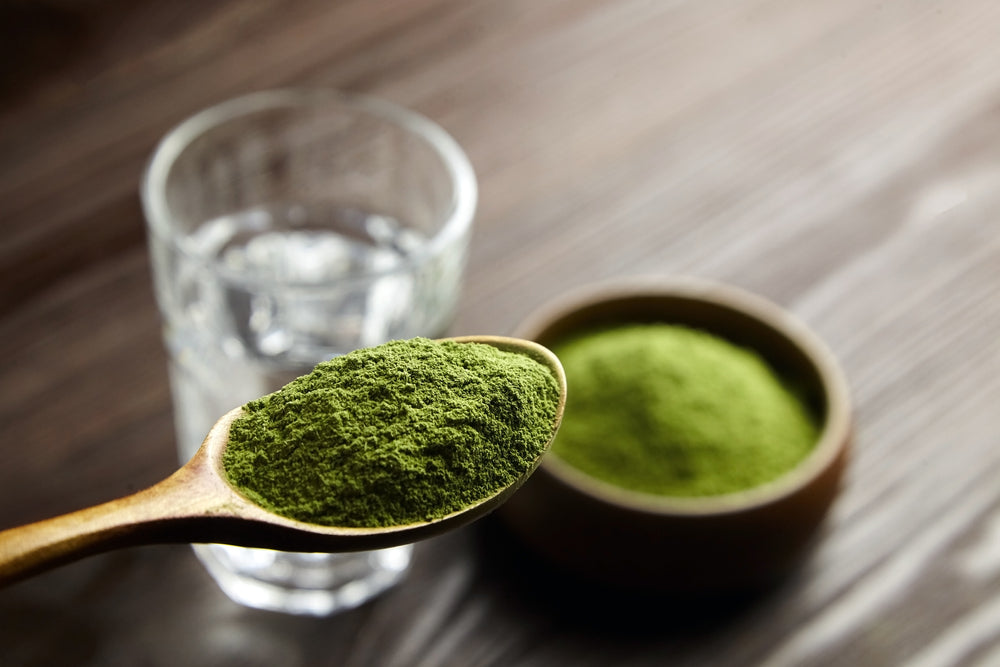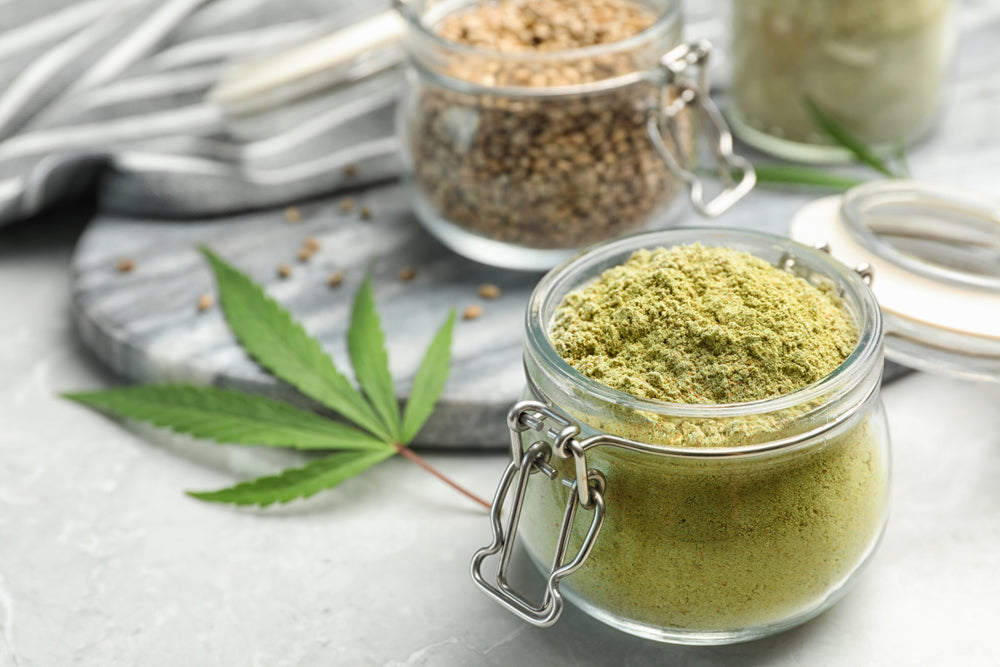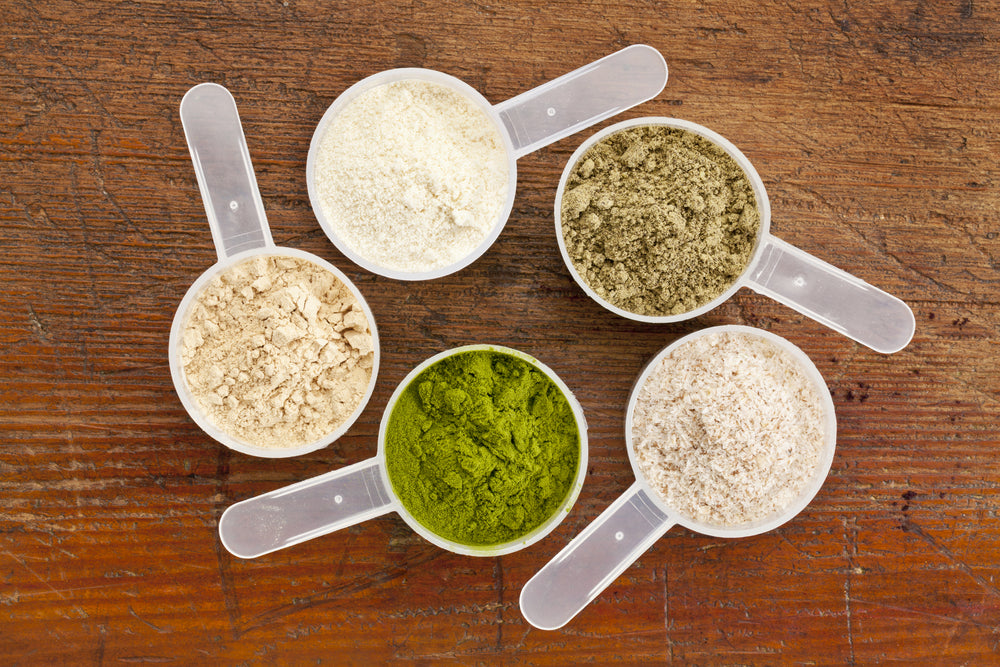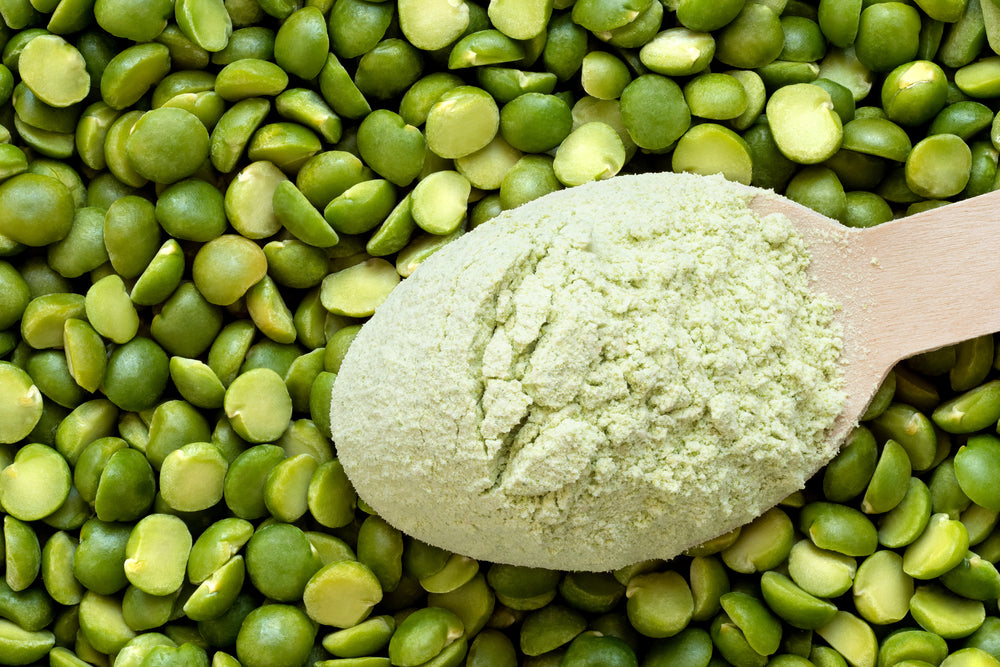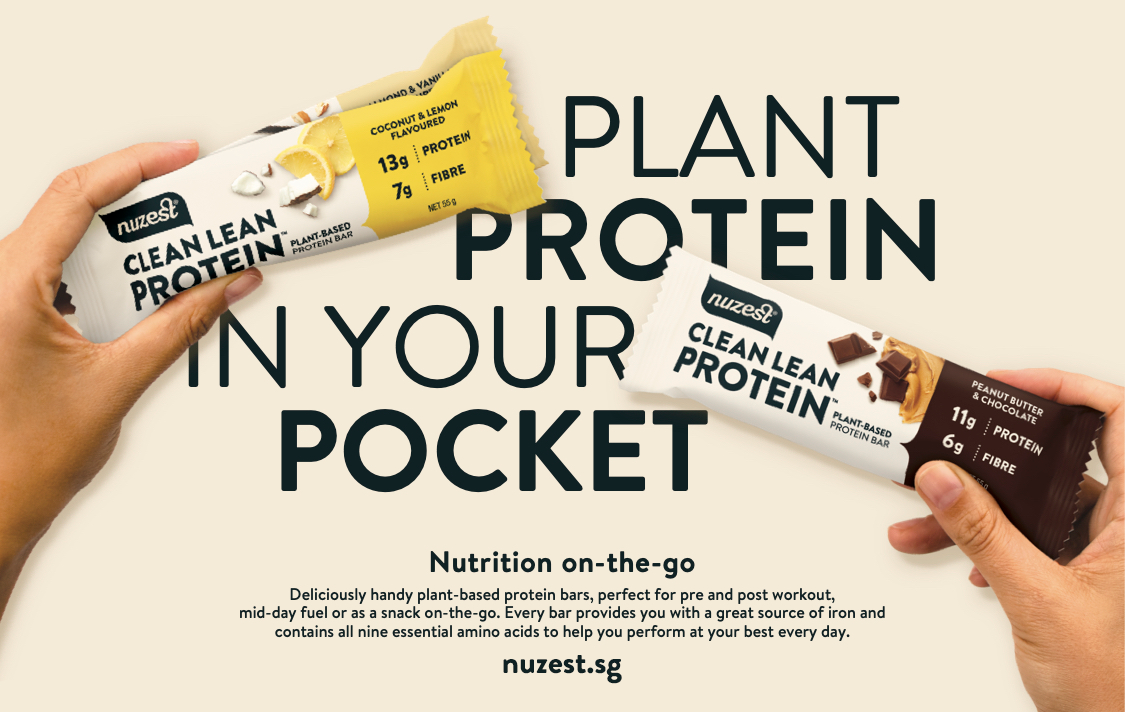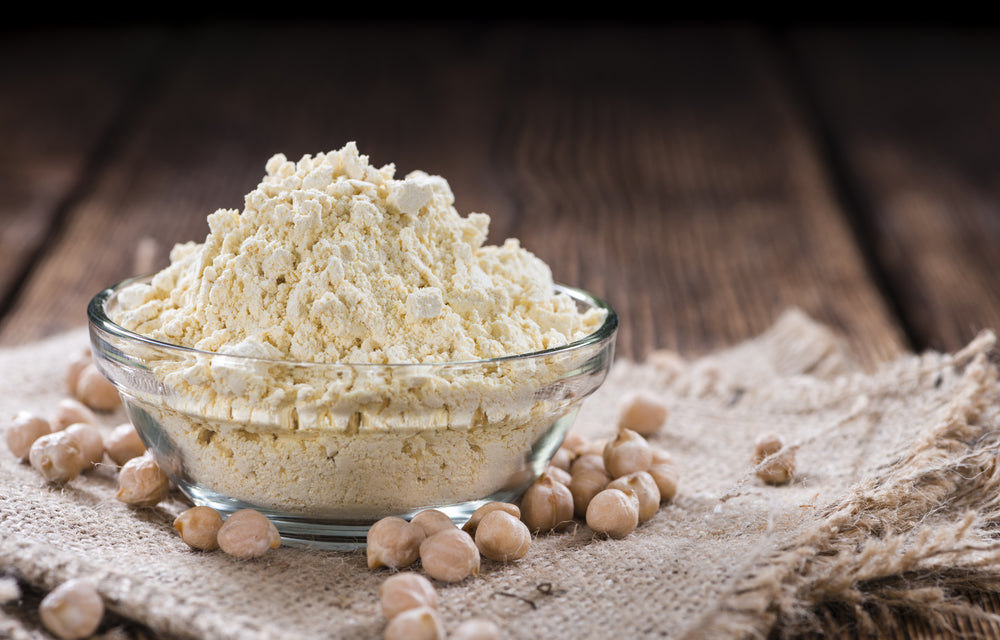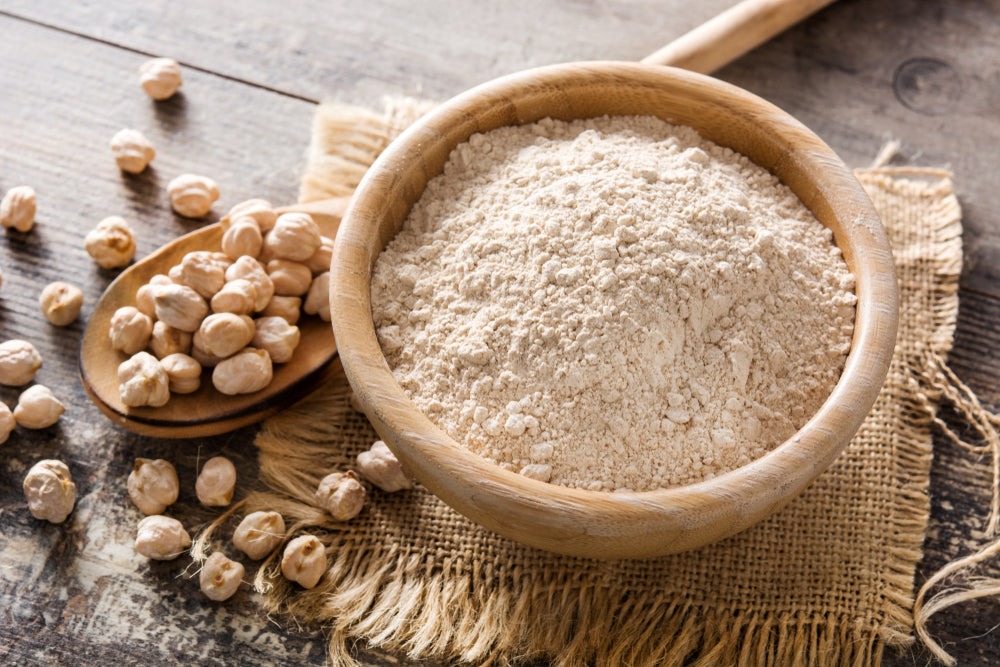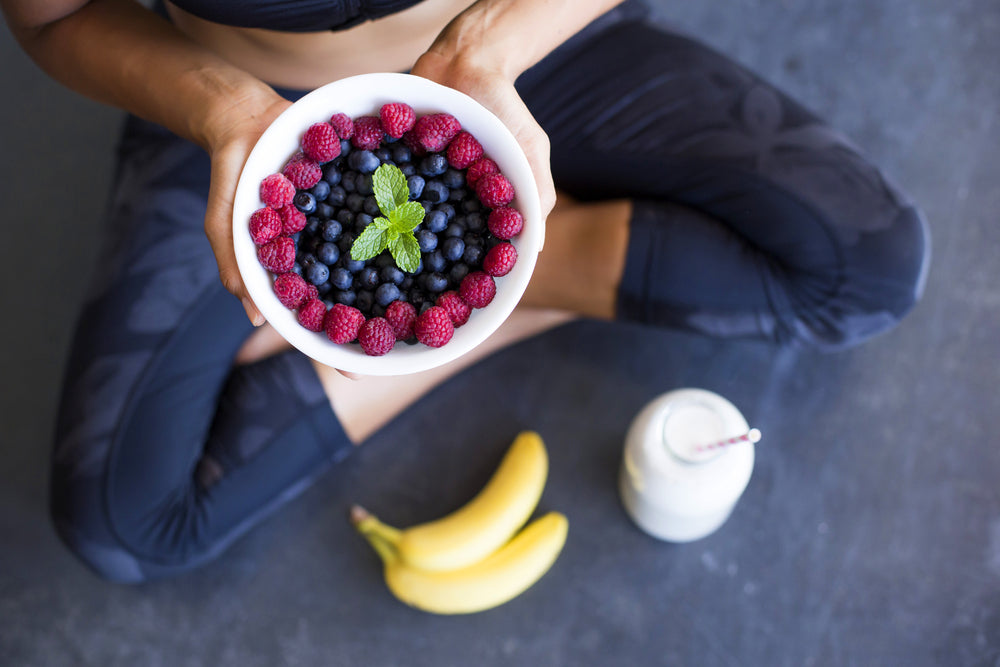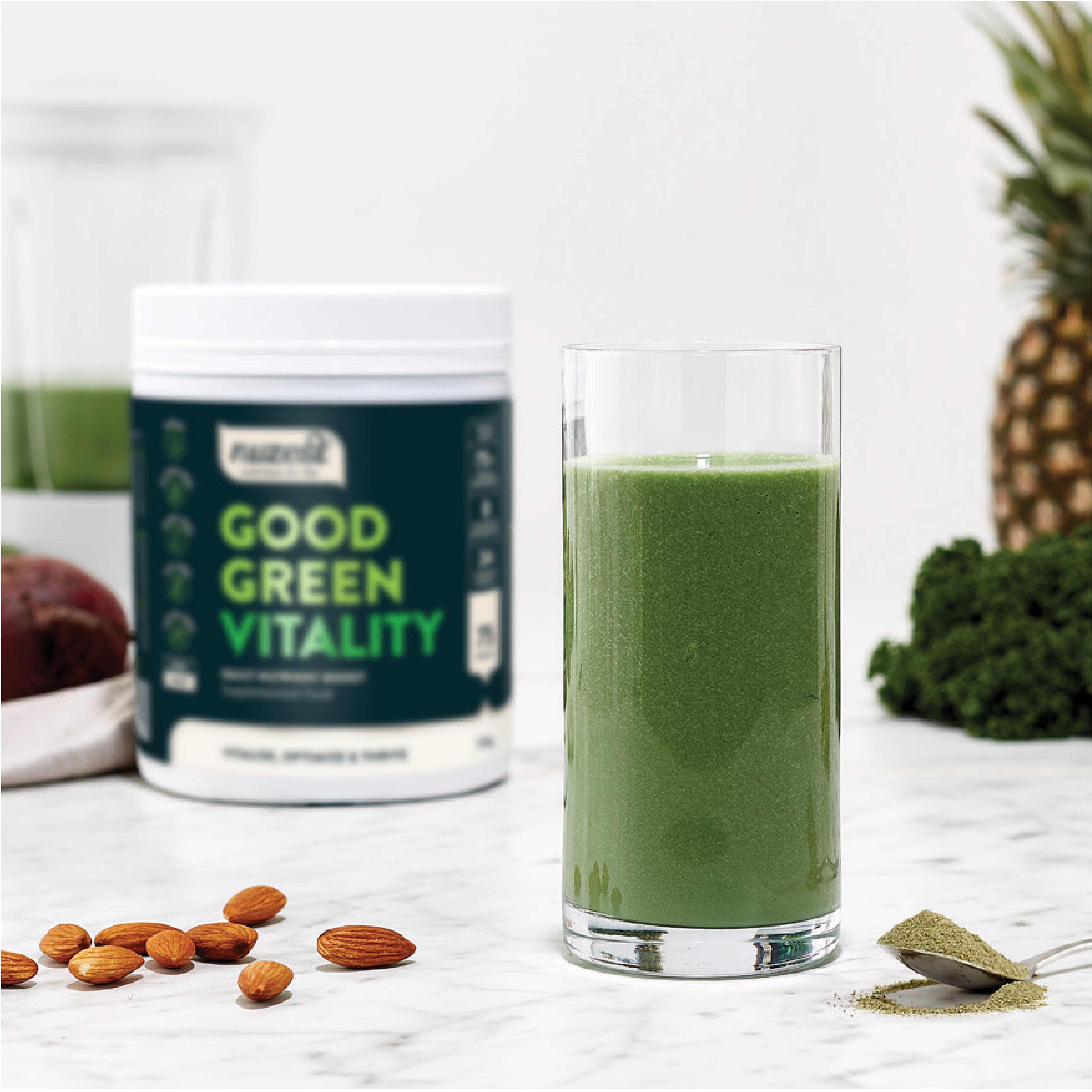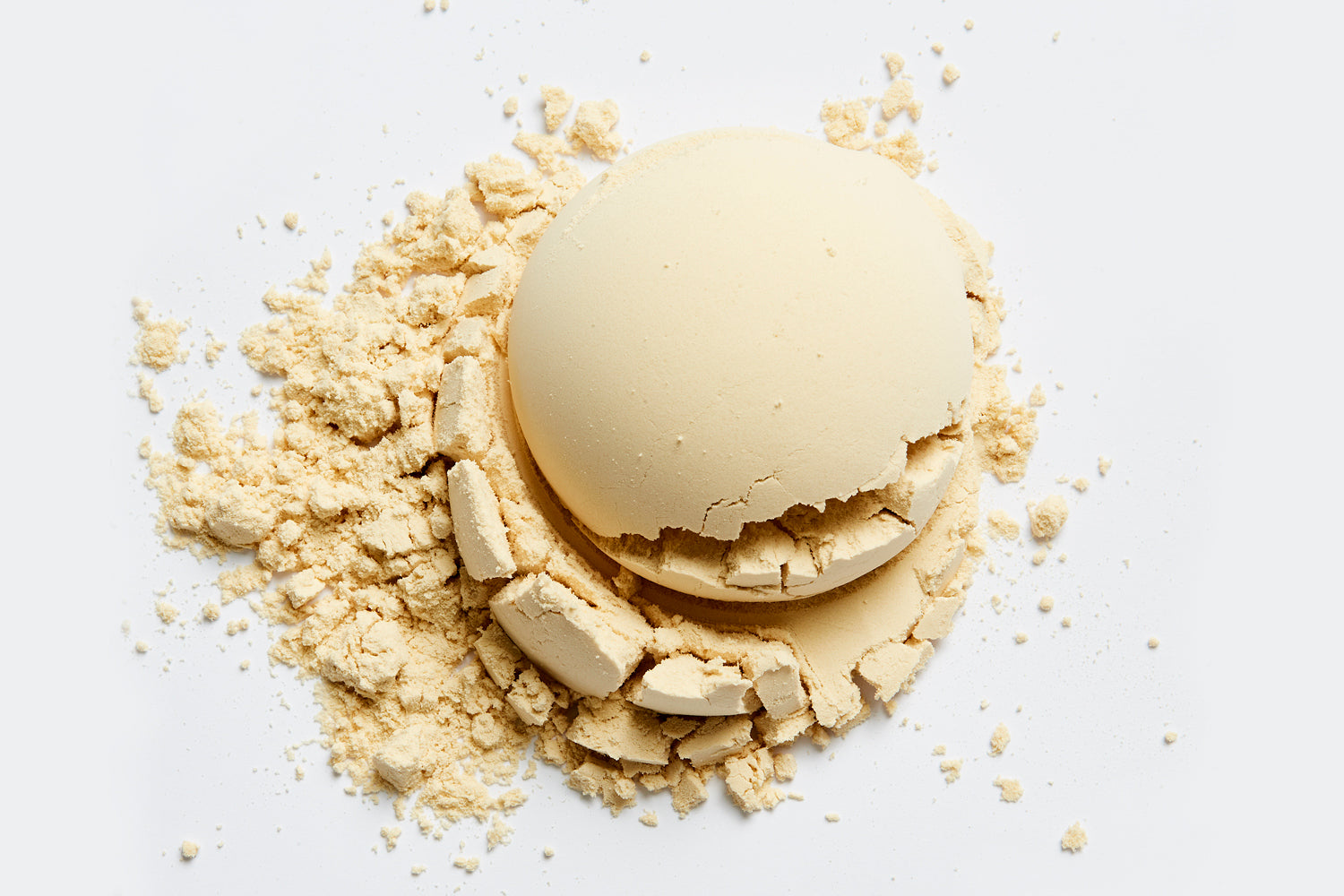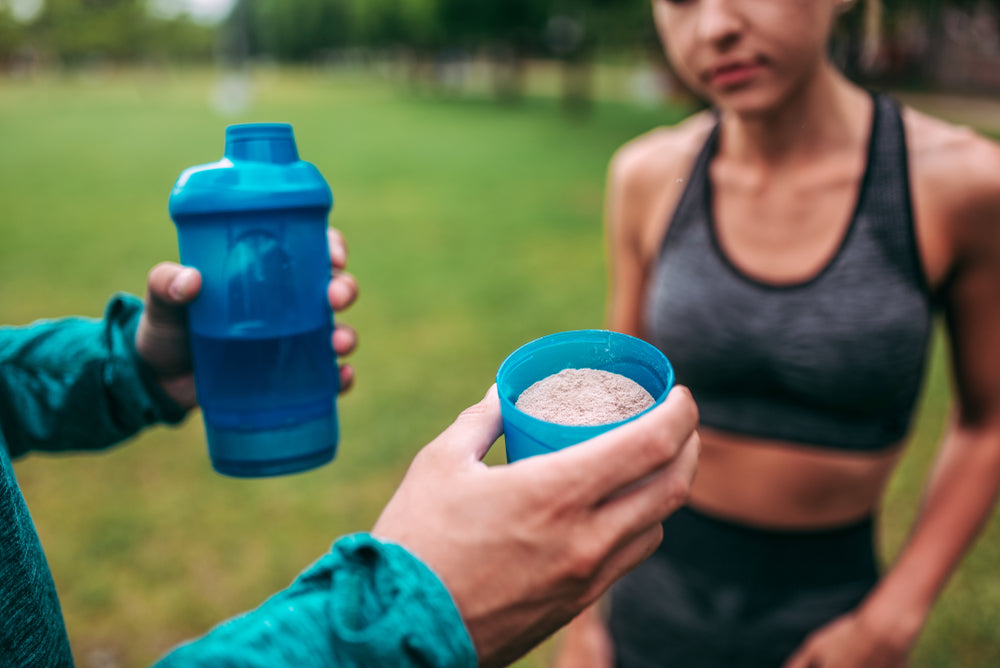Now that you know what your nutritional toolbox looks like, let's take a look at the self-help side of managing stress. The first take home is that you are anything but powerless - no matter where you are on your stress continuum. Depending on your current level of stress, swallowing that chill pill might not seem the easiest thing to do, but taking the first step towards it is all you need to do because the next step will magically present itself to you.
As human beings, our natural state is happy, stress-free and mindful. All too frequently modern life intervenes and with many people living at the edge of their adaptive ranges, physically, mentally and emotionally. Given that our natural state is encoded deep in our genes, taking a few active stress-lowering steps during your day can make a world of difference to how you feel and how you cope with your individual challenges.
Creating your chill-out toolkit
Just like getting travel directions, you need to know where you and where you want to go before you start. Get SMART and be clear on your goal, no matter how simple or basic it is. Goals don't have to be huge or challenging watersheds in your life, they just need to be meaningful to you. Whilst you may have a laundry list, try to focus on one at a time to give yourself the best chance of success and avoid overwhelm:-
Specific - what EXACTLY do you want to achieve?
Measurable - how will you know if you've achieved it?
Attainable - is it something you have control over it?
Relevant - is it applicable to the place you are in?
Time-bound - what is your deadline for change?
Be honest with yourself, how ready are you for change? On a scale of 0 - 10 - and take a moment to draw it as a horizontal line - with 0 being not ready for change and 10 being rip-roaring raring to go. If you mark your line at 8 or above, you've hit a high confidence score and are in the right ballpark for succeeding. Don't beat yourself up for anything lower, it just means you might need to incorporate some of the tools below first to get yourself into a more resilient state of mind.
Mindfulness may seem like the buzz-word of the moment, but it's a powerful element in any chill-out toolkit. Frequently confused with meditation, mindfulness simply means being fully engaged and present in the moment. Your moment can be 10 seconds or 10 minutes depending on how much time you have and how able you are to harness your mind. Whilst we wield the ability to multitask like a badge of honour, it's actually the fastest way to unmindfulness that exists. A mind that flits from one task and one thought to another is actually disengaged, distracted and often, unhappy. There is robust research out there that proves that a wandering mind is an unhappy mind and contributes to increased stress. Stop, focus on a point in front of you/your breathing/the moment at hand/the feeling in your body - basically anything to still and center your mind - and breathe slowly and rhythmically. If your mind wanders, bring it back to the present moment and keep breathing. The quiet space that ensues within is mindfulness and you'll derive benefit from as little as 10 seconds if that's all you have time for. Ideally you'll take 'mindfulness breaks' a few times a day for 30 to 90 seconds.
Appreciation isn't just about recognising nice things about people or things, it's a powerful way to centre yourself and bring you into harmony with the earth and the world around you. As a slight adaptation to the mindfulness exercise above, use something you have huge appreciation for as your focus and then beam that appreciation out of you and imagine it flooding the space around you.
Build some 'me' time into your week - you deserve it and it's an essential sanity-preservation strategy!
Actively listen to your self-talk and rate it for negativity. If you're overly negative, critical or even hostile make strides to reframe your self-talk and reach for positives.
Engage in supportive lifestyle activities like sleeping an appropriate number of hours (anywhere from 6-9), eating right and using appropriate and targeted supplementation, and being active outdoors in nature.
The above is by no means an exhaustive list, but they are powerful stress-busting needle-movers for your tool-kit. Twenty minutes a day of mindful activity (and it doesn't have to be in one session either) has been proven to create measurable healthy changes in the brain. Mindful activity also helps to increase happiness and positivity, to cope with chronic pain, to support the immune system and reduce days off work. It doesn't stop there, research shows that it also slows the ageing process, increases energy metabolism, supports better blood sugar management and leads to less inflammation and stress. Basically, you climb off the edge of the precipice and increase your adaptive range. What are you waiting for, stop reading and start appreciating!

